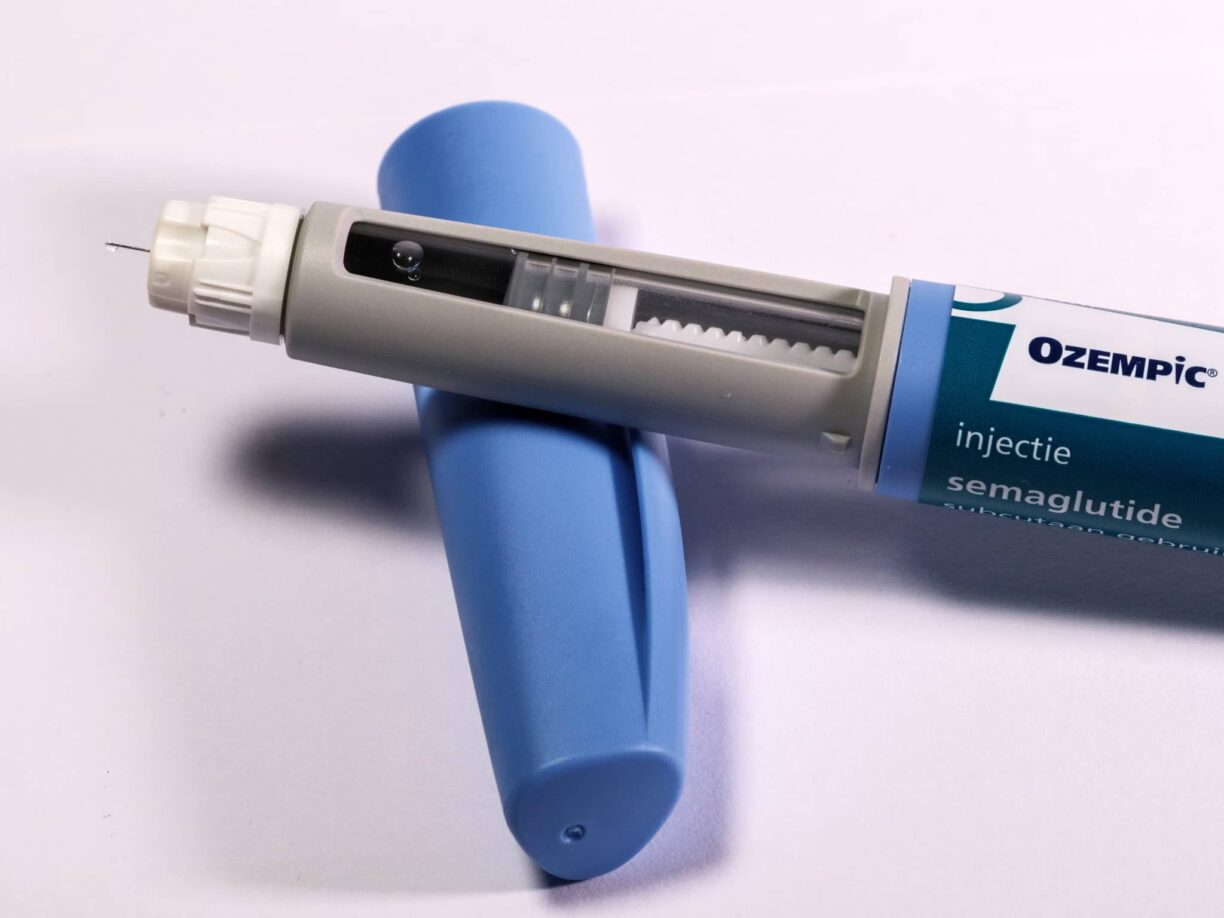With a second wave looking more and more imminent, there has never been a better time to take control of your health. We now know that Covid-19 symptoms seem to be more severe in people with diabetes and that could be down to increased body weight, any pre-existing heart trouble and hypertension. Excess body weight in particular is associated with breathing problems, and these are likely to be made worse by Covid-19 infection.
If you suffer from Type 2 diabetes (or suspect you might) and you decide to commit to a rapid weight loss plan then this will result in rapid normalisation of your blood sugar levels and bring down your of risk of Covid-19, within days or weeks.
Studies to date have shown no negative impact on the immune system from rapid calorie restriction, as long as you are consuming adequate protein, vitamins, minerals and other micronutrients. Ideally, personal medical advice should be sought.
A recent study in Scotland found men are biologically more susceptible to Type 2 Diabetes and need to gain far less weight than women to develop the condition.
In the study, Scottish researchers examined the records of 95,057 men and women with type 2 diabetes (a condition caused by too much glucose, a type of sugar, in the blood), looking at their ages and body mass index (BMI) scores at the time of diagnosis. A clear trend was found in their results, with men developing type 2 diabetes at a lower BMI than women of a similar age.
A simple tip to establish whether you’re classed as over-weight
This is a quick and easy trick to assess your overall health. We know the waist to height ratio is a useful indicator of health – ideally your waist circumference should be at most half of your height. You don’t need a tape measure – you can use a piece of string.
Grab a piece of string that is as long as you are tall. Fold it in half and see if it fits around your waist. If it doesn’t, don’t worry. We come in all shapes and sizes, but an increased waist circumference can indicate a higher risk of metabolic and cardiovascular diseases, so reducing your waist circumference to half your height will likely improve your long-term health and boost your immunity.
So, if you are overweight and suspect you might be at risk of Type 2 diabetes, what should you look for? The most common signs of Type 2 diabetes are:
- Feeling thirsty
- Urinating more frequently than normal, particularly during the night
- Feeling very tired
- Loss of muscle bulk
- Cuts or wounds that heal very slowly
- Blurred vision
There is a lot of evidence now that if you change what you eat and lose weight, particularly around the gut, you can reduce your reliance on medication and restore your blood sugars to normal.
The Fast800 programme was devised by Dr Michael Mosley after finding out he had Type 2 Diabetes like his father, who died from complications of the disease at the age of 74.
As Michael commented: “It was a wake-up call, so I took part in a BBC2 Horizon documentary to find out if I could reverse my diabetes without medication. I went to the US and learned about fasting, and lost 22lbs, reversing my diabetes, and my blood sugar levels and weight have stayed the same ever since.”
“800 is the magic number” says Michael: “Every big weight loss study is now based on 800 calories, which is high enough to be sustainable and give you everything you need, and low enough to lead to rapid weight loss and other beneficial health changes.”
Nine in ten cases are Type 2 diabetes, which is driven by obesity and almost one million more people are undiagnosed, bringing the total number up to 4.7 million, a figure which is set to reach 5.5 million by 2030. A further 12.3 million people in the UK are currently at risk of developing the condition. The trend follows soaring rates of obesity. Britain is the fattest nation in Western Europe, with rates of obesity rising even faster than those in the United States.
Experts said many cases of Type 2 diabetes could be prevented or delayed by healthy eating, being more active, and losing weight if overweight. Research also shows it is possible to reverse diabetes.
Fast results
The Fast 800 includes:
- Meal plans for The Very Fast 800, The New 5:2 and Med-style diets, with vegetarian options
- Three calorie-counted meals per day based on healthy, gut-friendly Mediterranean-style food
- Over 400 tasty and easy-to-make recipes unique to the online programme
- Shopping lists – just print and go, or use the list to help with your online grocery shop
- Guided exercise plans – all suited to the home, no equipment necessary
- Lots of tips and support on how to adapt your routine
- Health Coaches on hand for advice, support and motivation
- A lively and inspirational cohort of members, united by a common goal to improve health
- Weekly motivational articles and videos, so you can make these changes for life!
For more information, visit www.thefast800.com





